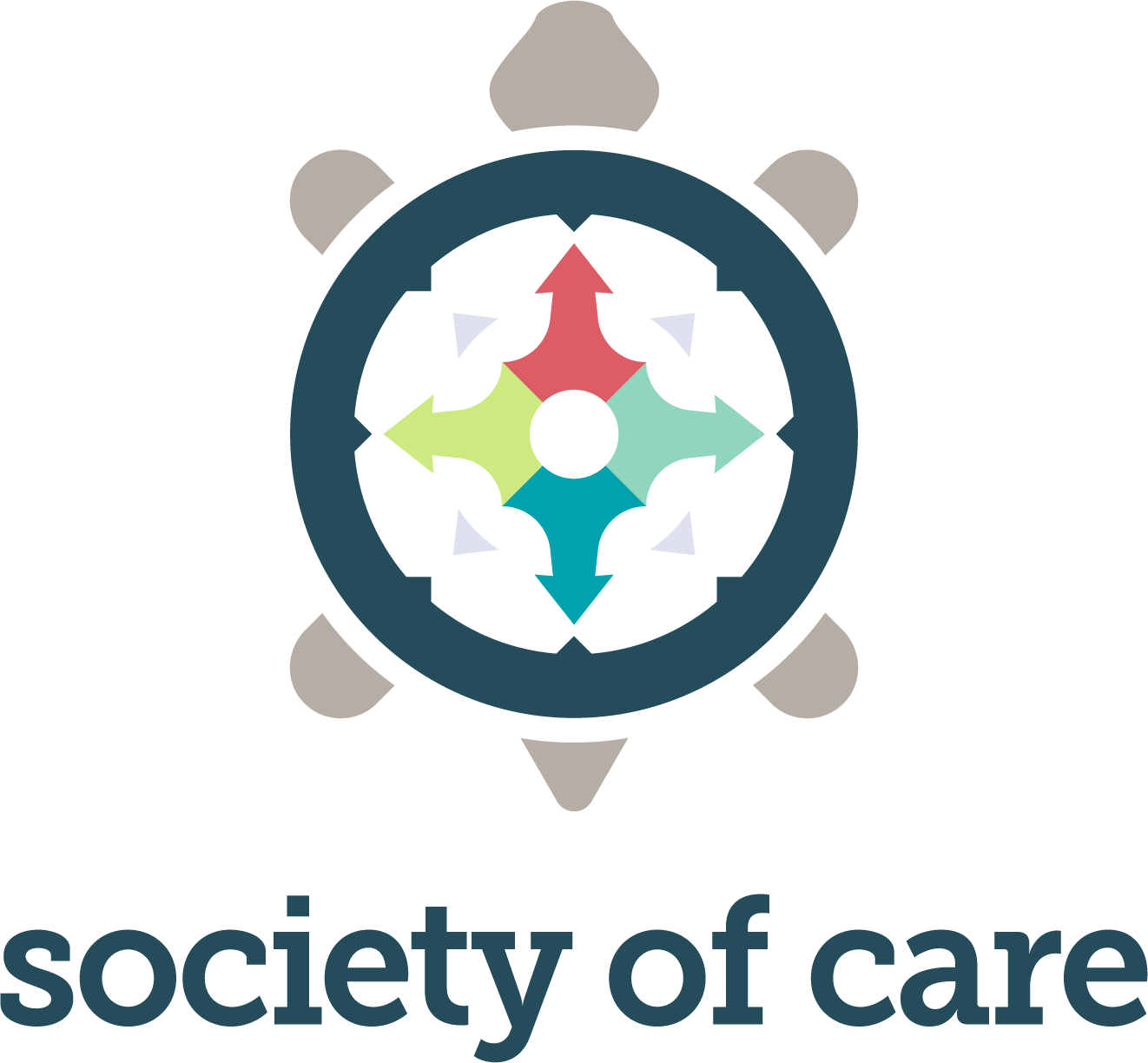About Us
A Collaborative Network of Care.
We strive to meet relatives and communities where their needs lie, respecting the uniqueness of each. Our model of care includes:
- Prevention efforts
- Trauma-trained licensed individual counseling
- Traditional healing approaches
- Youth empowerment and leadership development
- Family and parenting support
- Work to advance health equity
Behavioral Health
Society of Care coordinates and partners with Morningstar Counseling and Consultation, PC to provide culturally competent and trauma trained behavioral health services. Through this close collaboration, Society of Care offers quality clinical services across the State of Nebraska.
Morningstar Counseling was established on the Winnebago Indian reservation and has been providing services to American Indian children, adults, and families since 2012. Its team of clinicians and ancillary staff provide individualized care utilizing evidence-based and validated practices.
If you or a family member is interested in talking with a provider to learn more about our services or schedule an appointment, contact us.
If you are in an emergency situation or need immediate help, please call 911. Crisis counselors are available 24/7 at the numbers below:
Nebraska Family Helpline:
National Suicide Prevention Lifeline:
National Crisis Text Line:
text START to 741741
All Nations Hotline:
text SUPPORT to 402-275-2444
The Core of
Our Care
Guiding Principles
- Care Deeply: The promise to see each individual as a relative worthy of quality time, respect and culturally sensitive care.
- Transform Lives: The lasting impact of clinical and cultural interventions.
- Heal Communities: Building upon the resilience of relatives to unite in building brighter futures.
"Culture Is
Connectedness"
Our programming is structured to strengthen and reinforce cultural approaches and practices that further wellness. In doing so, we respect the unique legacy of each tribe, community, family, and individual. We strive to avoid making assumptions about cultural norms. There are 562 federally recognized tribes in the United States. Some cultural practices are shared across tribes, while others are not. Society of Care reinforces culture through approaches and services that:
- Respect tradition
- Celebrate the uniqueness of each tribe, community, family, and individual
- Appreciate those we work alongside as relatives
- Engage those with we work as full partners
- Acknowledge trauma
- Foster resilience
- Promote aspirational thinking and direction
- Celebrate individual strengths
We Are All Related
“It is the story of all life that is holy and is good to tell, and of us two-leggeds sharing in it with the four-leggeds and the wings of the air and all green things; for these are children of one mother and their father is one Spirit.”
– Black Elk
Indigenous cultures believe all things in this world are connected therefore if something happens to one thing it will eventually affect all things. Elders tell us we are all related because within all creation is water and spirit. Some tribes believe the rock is our grandfather for he is the oldest living being on earth that has seen the most and watches over us like a grandfather would its grandchild. The earth is our mother as she provides food, water, and shelter. The sky is our father always providing water, light, and air needed to survive. These tribal teachings are universally known in Indian Country and taught to children at a young age.
Tribal and Native communities have endured a range of traumatic events that have given rise to the social, economic, cultural, and spiritual challenges seen today. Historical and intergenerational trauma is one of the most critical factors contributing to the creation of the barriers we see today when engaging families. Dr. Maria Yellow Horse Brave Heart defines historical and intergenerational trauma as the “cumulative emotional and psychological wounding across generations, including one’s lifespan, which emanates from massive group trauma.” Much trauma can be traced to the disruption of indigenous lives and practices following contact with Europeans and harsh subsequent policies focused on assimilation, relocation, and termination.
Measurement
We seek to increase opportunities for Nebraska’s Native American young people, families, and communities. In advancing and continually improving our effort, we collaborate to address gaps in data, advance research, and carefully document our work
Since January 2020, through
Society of Care:
163
Total relatives have received culturally relevant and evidence-based clinical services.
1.7%
of the population of focus
(n = 9,500 AI/AN, 25 years old and younger) have received services.
5
New relatives are involved in counseling every week.
Relatives who received services from
clinical staff:
51%
Reservation
13%
Rural communities
36%
Urban communities across Nebraska
Total Impact
Approximate number of relatives have received education on historical trauma and behavioral health.
Approximate number of relatives who have benefited from referrals related to food, shelter, utilities, employment, and clothing.
